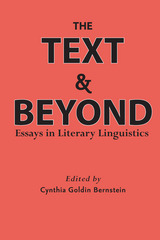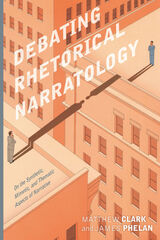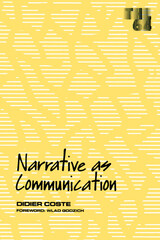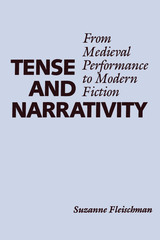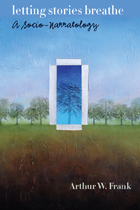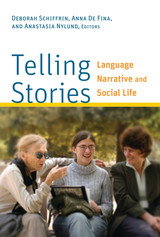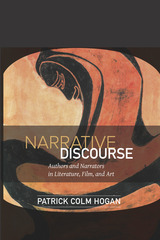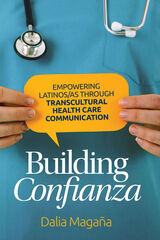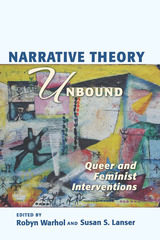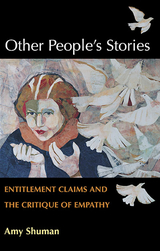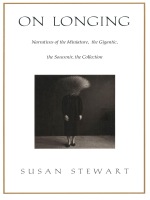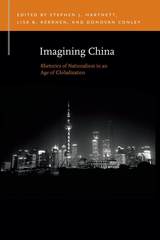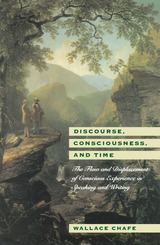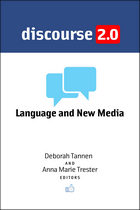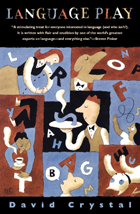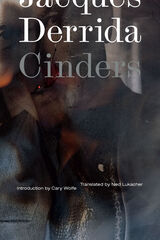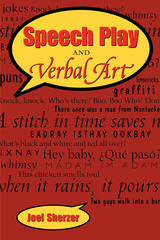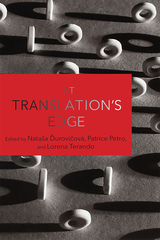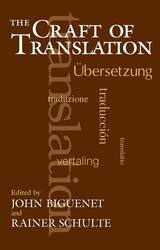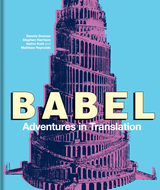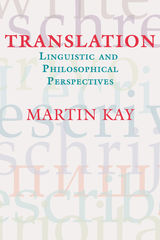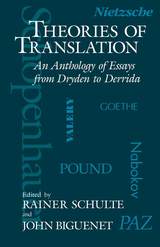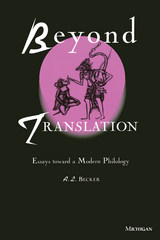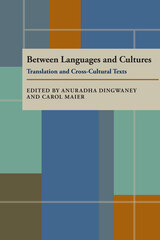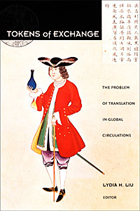The Conundrum of Class: Public Discourse on the Social Order in America
University of Chicago Press, 1995
Paper: 978-0-226-08081-9 | Cloth: 978-0-226-08080-2
Library of Congress Classification P302.84.B87 1995
Dewey Decimal Classification 306.44
Paper: 978-0-226-08081-9 | Cloth: 978-0-226-08080-2
Library of Congress Classification P302.84.B87 1995
Dewey Decimal Classification 306.44
ABOUT THIS BOOK | TOC
ABOUT THIS BOOK
Martin Burke traces the surprisingly complicated history of the idea of class in America from the forming of a new nation to the heart of the Gilded Age.
Surveying American political, social, and intellectual life from the late 17th to the end of the 19th century, Burke examines in detail the contested discourse about equality—the way Americans thought and wrote about class, class relations, and their meaning in society.
Burke explores a remarkable range of thought to establish the boundaries of class and the language used to describe it in the works of leading political figures, social reformers, and moral philosophers. He traces a shift from class as a legal category of ranks and orders to socio-economic divisions based on occupations and income. Throughout the century, he finds no permanent consensus about the meaning of class in America and instead describes a culture of conflicting ideas and opinions.
Surveying American political, social, and intellectual life from the late 17th to the end of the 19th century, Burke examines in detail the contested discourse about equality—the way Americans thought and wrote about class, class relations, and their meaning in society.
Burke explores a remarkable range of thought to establish the boundaries of class and the language used to describe it in the works of leading political figures, social reformers, and moral philosophers. He traces a shift from class as a legal category of ranks and orders to socio-economic divisions based on occupations and income. Throughout the century, he finds no permanent consensus about the meaning of class in America and instead describes a culture of conflicting ideas and opinions.
See other books on: Class | Discourse analysis | Public Discourse | Social classes | Social Order
See other titles from University of Chicago Press

